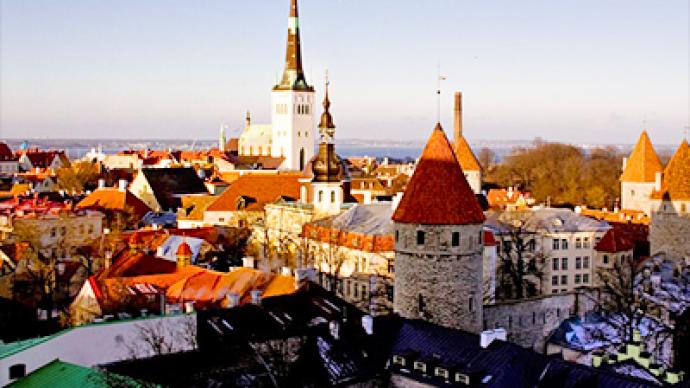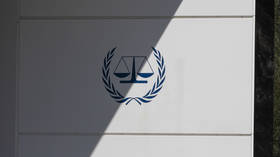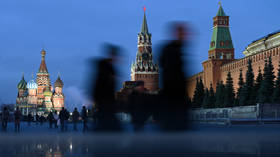The Council of Europe wants Estonia to respect the rights of Russian speakers

Estonian authorities are expected to react to a set of “secret recommendations” which have been reportedly proposed by the Council of Europe.
The confidential recommendations include granting citizenship to all residents without the state language exams and permitting non-citizens to become members of political parties, the newspaper Eesti Paevaleht has reported. Russian speakers should also have the right to write their patronymic names in official documents, the Council of Europe’s report said. It also recommends that the local authorities in Estonia use the Cyrillic alphabet on street signs. Russian-speaking residents make up about 30 percent of the Estonian population. Estonia has approximately 100,000 stateless people, those with no registered citizenship or nationality – around 10 percent of the total population.It is not the first time that the Council of Europe is sending proposals to the Estonian authorities. The contents of the new 175 recommendations may be published next year, but state officials are already under pressure to react to them. At the same time, the recommendations are non-binding. Some Estonian politicians assumed that the authors of report could have been influenced by Russia through their representatives in the council. Last year, annual reports provided by law enforcement agencies in Estonia and Latvia negatively assessed the integration processes in the Russian-speaking communities, going so far as to call them “subversive.” In March, Russian Foreign Minister Sergey Lavrov slammed Estonia and Latvia over their policies regarding human rights. Addressing the UN Human Rights Council in Geneva, he mentioned “the shameful phenomenon of the chronic problem of statelessness” in the two countries. Lavrov stressed that it was necessary to achieve full implementation of the relevant recommendations of the Council of Europe, OSCE and the UN Committee on the Elimination of Racial Discrimination. The foreign ministries of Estonia and Latvia then said that they would continue to develop programs to help integrate non-citizens.















